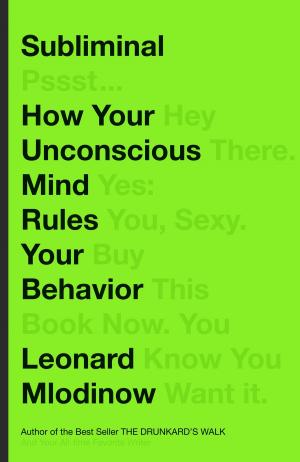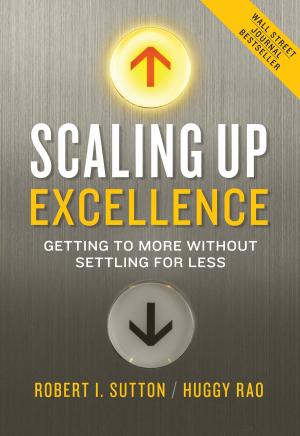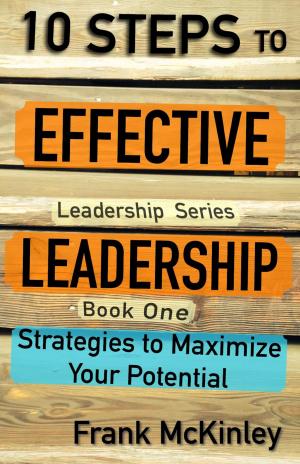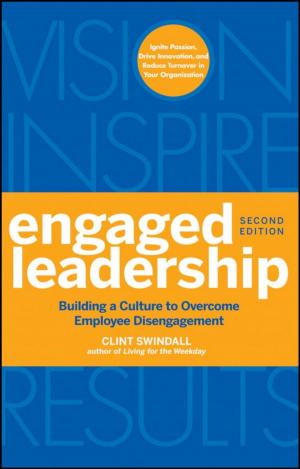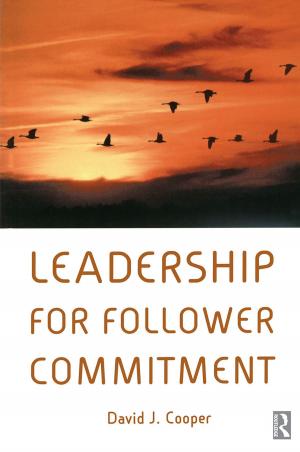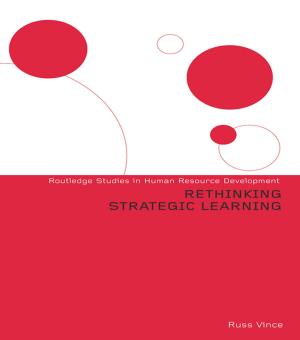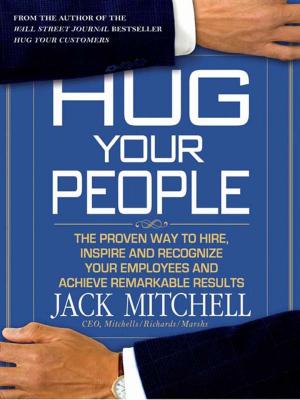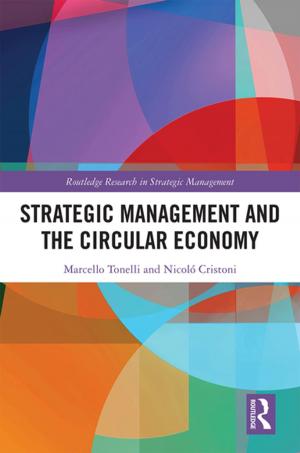From Expert To Idiot?
Nonfiction, Health & Well Being, Self Help, Self Improvement, Success, Business & Finance, Management & Leadership, Management| Author: | Ian Woodrow | ISBN: | 9781370438129 |
| Publisher: | Ian Woodrow | Publication: | October 13, 2016 |
| Imprint: | Smashwords Edition | Language: | English |
| Author: | Ian Woodrow |
| ISBN: | 9781370438129 |
| Publisher: | Ian Woodrow |
| Publication: | October 13, 2016 |
| Imprint: | Smashwords Edition |
| Language: | English |
The book sees ‘Personal Effectiveness’ as the sole (manageable) determinant of our history and destiny. Standing in their path, it either promotes or inhibits progress.
At the level of the individual, it is suggested that we possess but four essential core skills, each of which we employ in all that we do.
Further, we live in a time of increasing rates of change and these cause the bias of emphasis between these four factors to shift. As Thurber said; “In times of change, learners will inherit the earth, whilst the learned will be wonderfully equipped for a world that no longer exists”. At such times, the learnedness of experts can impair rather than empower. The book cautions against over-reliance on ‘expertise’.
It also encourages the use of ever simpler models. Here, to quote Stephen Hawking: “If I were an alien visiting earth (and my wife sometime thinks I am) I would marvel at the time spent on the trivial and the lack of attention to the fundamentals”.
The book indicates that the four fundamentals may require as few as seventeen guidelines for operation.
Though definitely not a prescription for formulaic application, as too often offered by the ‘Personal Development Industry’, it hopefully encourages fuller personal ownership. When it formed the basis of an MA course module, run for several years by the author at a UK university, the tangible outcome for most participants was improved status in their workplaces and fuller ownership of their own lives and destinies, many-times to a remarkable degree (in each case by their individually developed strategies).
All concepts are introduced in the first 3,000 words after which you are encouraged to address the further detail only insofar as it interests you. Navigating your path by the internal links provided
The book is perhaps best approached as an attempt to be an open question and is supported at a web site forum.
The book sees ‘Personal Effectiveness’ as the sole (manageable) determinant of our history and destiny. Standing in their path, it either promotes or inhibits progress.
At the level of the individual, it is suggested that we possess but four essential core skills, each of which we employ in all that we do.
Further, we live in a time of increasing rates of change and these cause the bias of emphasis between these four factors to shift. As Thurber said; “In times of change, learners will inherit the earth, whilst the learned will be wonderfully equipped for a world that no longer exists”. At such times, the learnedness of experts can impair rather than empower. The book cautions against over-reliance on ‘expertise’.
It also encourages the use of ever simpler models. Here, to quote Stephen Hawking: “If I were an alien visiting earth (and my wife sometime thinks I am) I would marvel at the time spent on the trivial and the lack of attention to the fundamentals”.
The book indicates that the four fundamentals may require as few as seventeen guidelines for operation.
Though definitely not a prescription for formulaic application, as too often offered by the ‘Personal Development Industry’, it hopefully encourages fuller personal ownership. When it formed the basis of an MA course module, run for several years by the author at a UK university, the tangible outcome for most participants was improved status in their workplaces and fuller ownership of their own lives and destinies, many-times to a remarkable degree (in each case by their individually developed strategies).
All concepts are introduced in the first 3,000 words after which you are encouraged to address the further detail only insofar as it interests you. Navigating your path by the internal links provided
The book is perhaps best approached as an attempt to be an open question and is supported at a web site forum.

